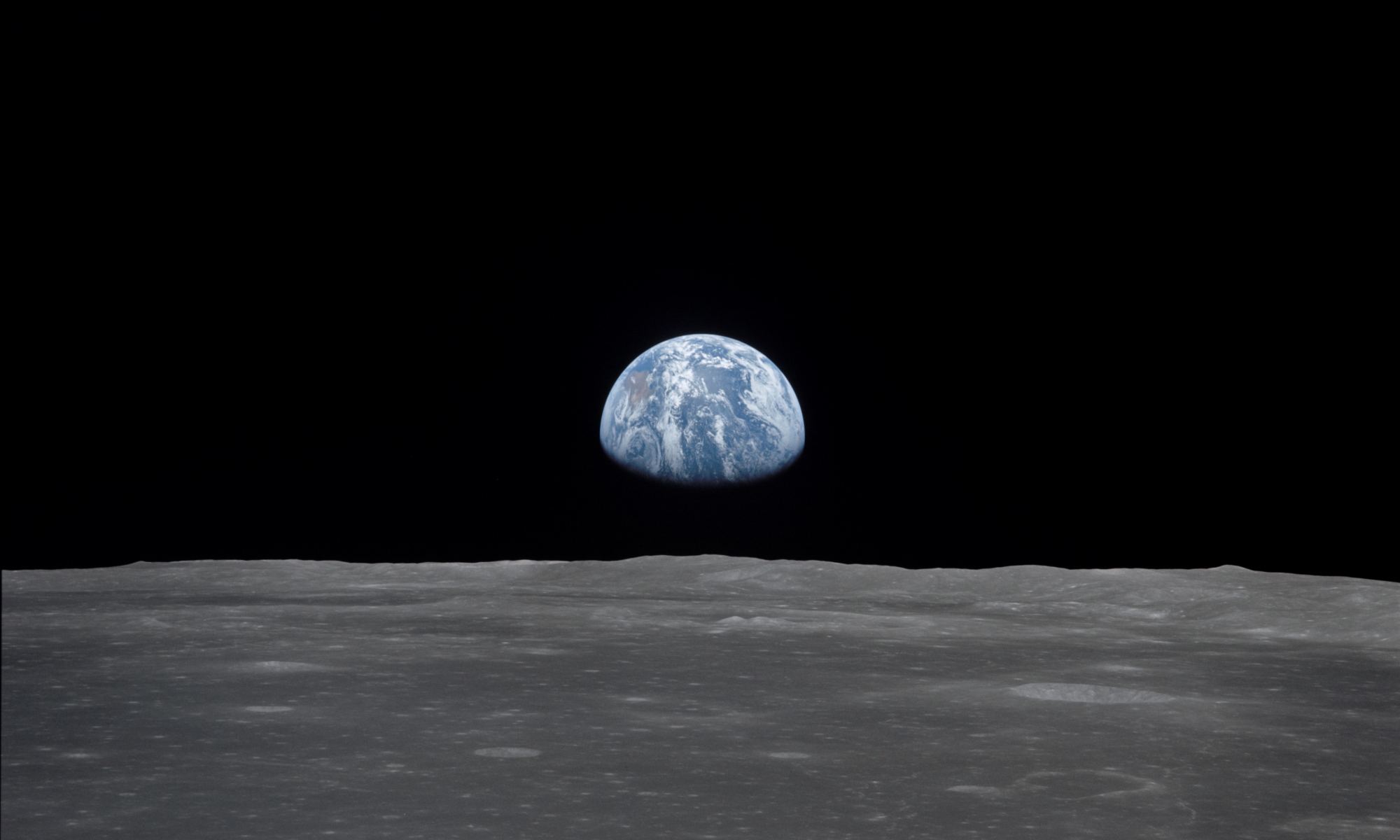In this series we are exploring the weird and wonderful world of astronomy jargon! I hope you’re sitting down for today’s topic: gravity!
Gravity is by far the oldest force. And I mean that in two really wild ways.
First off, in our theories of how the four forces of nature work, in the earliest moments of the universe there was only one, single, unified force. As the cosmos expanded and cooled, however, the forces began to break away from each other. The first to do so: gravity. And since then it hasn’t even called.
Gravity is also the first force to have been recognized as a…well, force. Philosophers, thinkers, and normal folks throughout history recognized the action of gravity. You let go of something, it falls. You throw something in the air, it comes back down. There’s something remarkably attractive about the surface of the Earth.
It was Isaac Newton who recognized gravity as a force – and even named it “gravity”. He realized that all massive objects have the ability to attract any other massive objects to them, with the strength of that attraction proportional to their masses, but diminishing with distance. Newton realized that this force was universal: the exact same force that pulls a hammer onto your toe keeps the Moon in orbit around the Earth, and all the planets in their dance around the sun.
In the early 1900’s Albert Einstein expanded our understanding of gravity by rewriting it in terms of the bending and warping of spacetime. Matter and energy tell spacetime how to bend, and the bending of spacetime tells matter and energy how to move: this is what we experience as the force of gravity.
In modern physics, Einstein’s theory of gravity is used to explain the existence of black holes and the evolution of the universe itself. Meanwhile on the Earth, that same theory keeps our GPS system correct.
The story is not over for gravity. We know that our understanding of the force is incomplete, because unlike the other forces we do not have a quantum description of it. We’re working on it, though.

